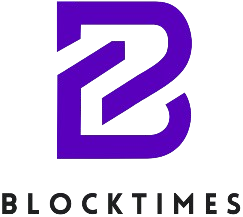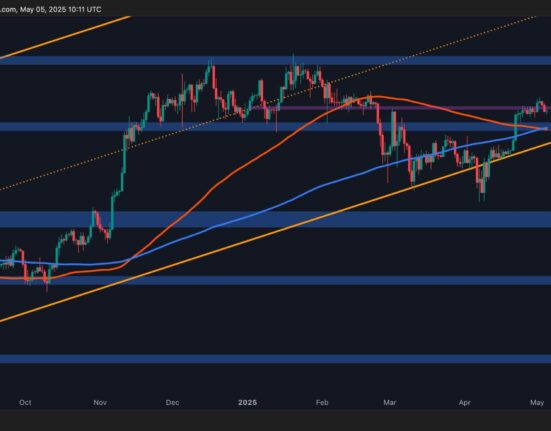“Nation states take on a strategic positioning,” says George Barnes, a former deputy director at the National Security Agency, who spent 36 years at the NSA and now acts as a senior advisor and investor in Hunted Labs. Barnes says that hackers within Russia’s intelligence agencies could see easyjson as a potential opportunity for abuse in the future.
“It is totally efficient code. There’s no known vulnerability about it, hence no other company has identified anything wrong with it,” Barnes says. “Yet the people who actually own it are under the guise of VK, which is tight with the Kremlin,” he says. “If I’m sitting there in the GRU or the FSB and I’m looking at the laundry list of opportunities… this is perfect. It’s just lying there,” Barnes says, referencing Russia’s foreign military and domestic security agencies.
VK Group did not respond to WIRED’s request for comment about easyjson. The US Department of Defense did not respond to a request for comment about the inclusion of easyjson in its software setup.
“NSA does not have a comment to make on this specific software,” a spokesperson for the National Security Agency says. “The NSA Cybersecurity Collaboration Center does welcome tips from the private sector—when a tip is received, NSA triages the tip against our own insights to fully understand the threat and, if corroborated, share any relevant mitigations with the community.” A spokesperson for the US Cybersecurity and Infrastructure Security Agency, which has faced upheaval under the second Trump administration, says: “We are going to refer you back to Hunted Labs.”
GitHub, a code repository owned by Microsoft, says that while it will investigate issues and take action where its policies are broken, it is not aware of malicious code in easyjson and VK is not sanctioned itself. Other tech companies’ treatment of VK varies. After Britain sanctioned the leaders of Russian banks who own stakes in VK in September 2022, for example, Apple removed its social media app from its App Store.
Dan Lorenc, the CEO of supply chain security firm Chainguard, says that with easyjson, the connections to Russia are in “plain sight” and that there is a “slightly higher” cybersecurity risk than those of other software libraries. He adds that the red flags around other open source technology may not be so obvious.
“In the overall open source space, you don’t necessarily even know where people are most of the time,” Lorenc says, pointing out that many developers do not disclose their identity or locations online, and even if they do, it is not always possible to verify the details are correct. “The code is what we have to trust and the code and the systems that are used to build that code. People are important, but we’re just not in a world where we can push the trust down to the individuals,” Lorenc says.
As Russia’s full-scale invasion of Ukraine has unfolded, there has been increased scrutiny on the use of open source systems and the impact of sanctions upon entities involved in the development. In October last year, a Linux kernel maintainer removed 11 Russian developers who were involved in the open souce project, broadly citing sanctions as the reason for the change. Then in January this year, the Linux Foundation issued guidance covering how international sanctions can impact open source, saying developers should be cautious of who they interact with and the nature of interactions.








